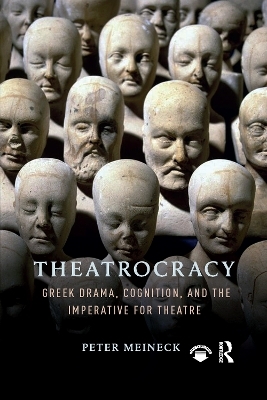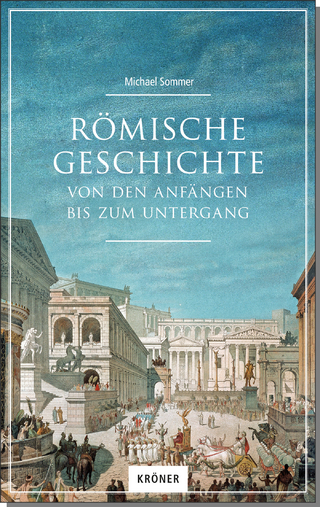
Theatrocracy
Routledge (Verlag)
978-0-367-59493-0 (ISBN)
This book revisits what Plato found so unsettling about drama – its ability to produce a theatrocracy, a "government" of spectators – and argues that this was not a negative but an essential element of Athenian theatre. It shows that Athenian drama provided a place of alterity where audiences were exposed to different viewpoints and radical perspectives. This perspective was, and is, vital in a freethinking democratic society where people are expected to vote on matters of state. In order to achieve this goal, the theatre offered a dissociative and absorbing experience that enhanced emotionality, deepened understanding, and promoted empathy. There was, and still is, an urgent imperative for theatre.
Peter Meineck is Professor of Classics in the Modern World at New York University, USA. He founded Aquila Theatre in 1991 and has since produced and directed more than 50 professional classical theatre works. He has also directed several National Endowment for the Humanities classics-based public programs, including the Chairman’s Special Award-winning Ancient Greeks/Modern Lives and The Warrior Chorus national veteran’s program. He has written widely on ancient theatre and its reception, and has published several translations of Greek drama.
Acknowledgements
Introduction: theatre as mimetic mind
Chapter 1 – Muthos: probability and prediction
Chapter 2 – Opsis: the embodied view
Chapter 3 – Ethos: the character of catharsis
Chapter 4 – Dianoia: intention in action
Chapter 5 – Melos: music and the mind
Chapter 6 – Lexis: somatosensory words
Chapter 7 – Metabasis: dissociation and democracy
Index
| Erscheinungsdatum | 01.07.2020 |
|---|---|
| Verlagsort | London |
| Sprache | englisch |
| Maße | 156 x 234 mm |
| Gewicht | 349 g |
| Themenwelt | Kunst / Musik / Theater ► Theater / Ballett |
| Geschichte ► Allgemeine Geschichte ► Altertum / Antike | |
| Geisteswissenschaften ► Sprach- / Literaturwissenschaft ► Anglistik / Amerikanistik | |
| Geisteswissenschaften ► Sprach- / Literaturwissenschaft ► Literaturwissenschaft | |
| ISBN-10 | 0-367-59493-5 / 0367594935 |
| ISBN-13 | 978-0-367-59493-0 / 9780367594930 |
| Zustand | Neuware |
| Haben Sie eine Frage zum Produkt? |
aus dem Bereich


